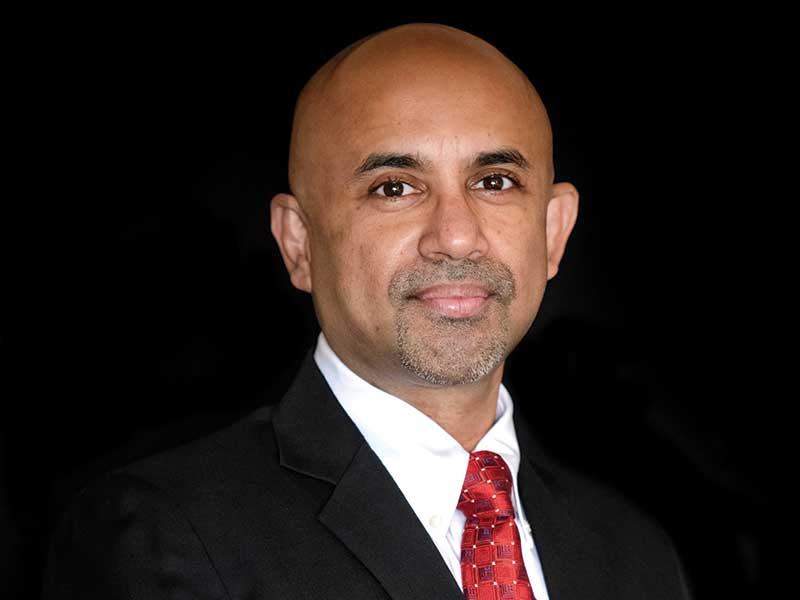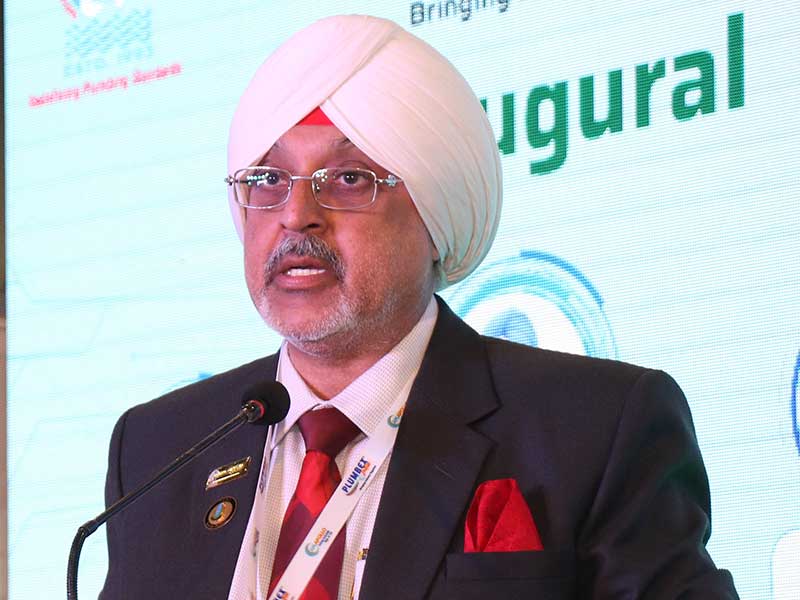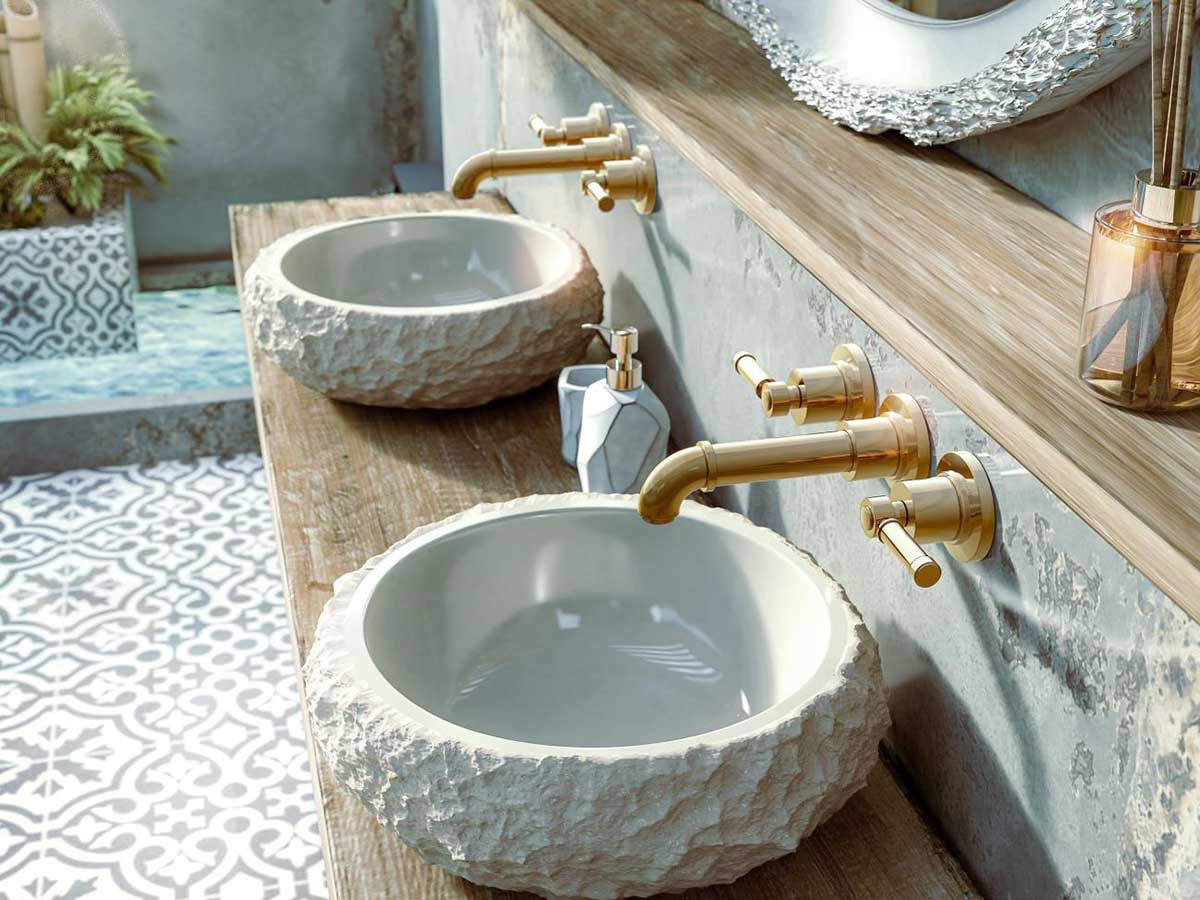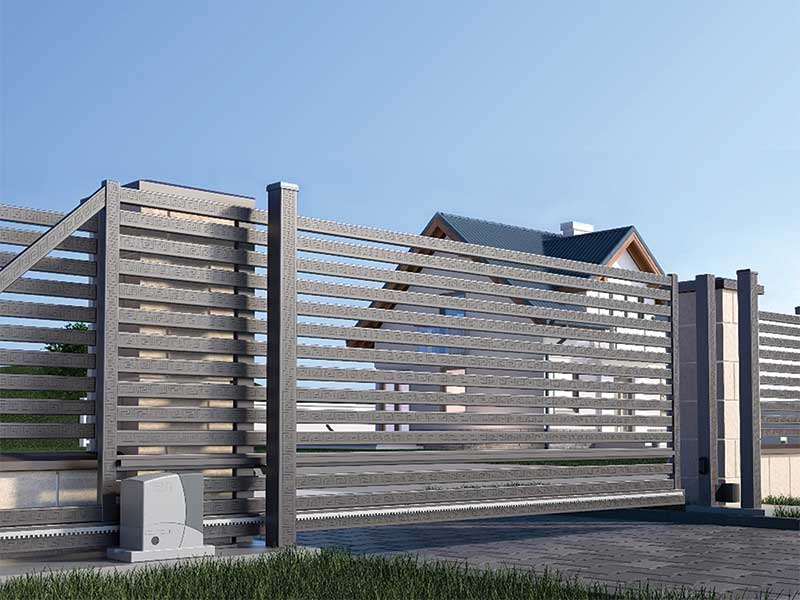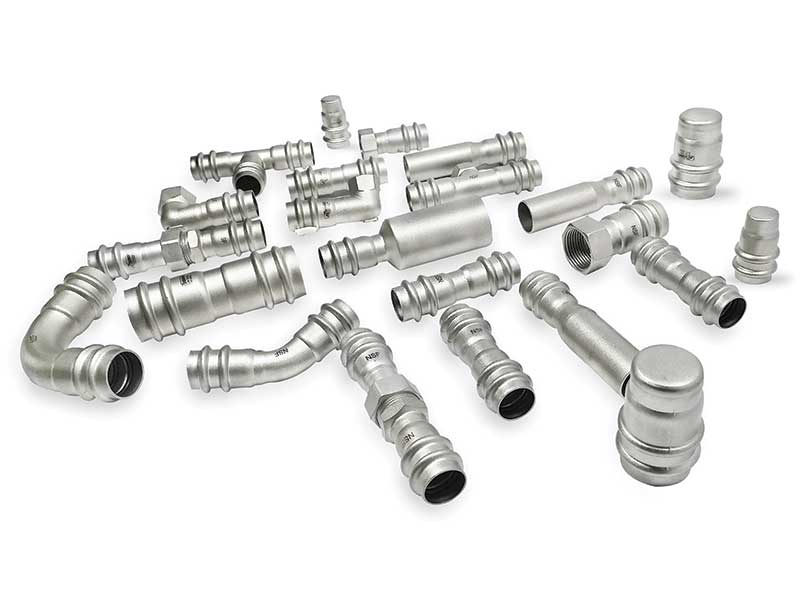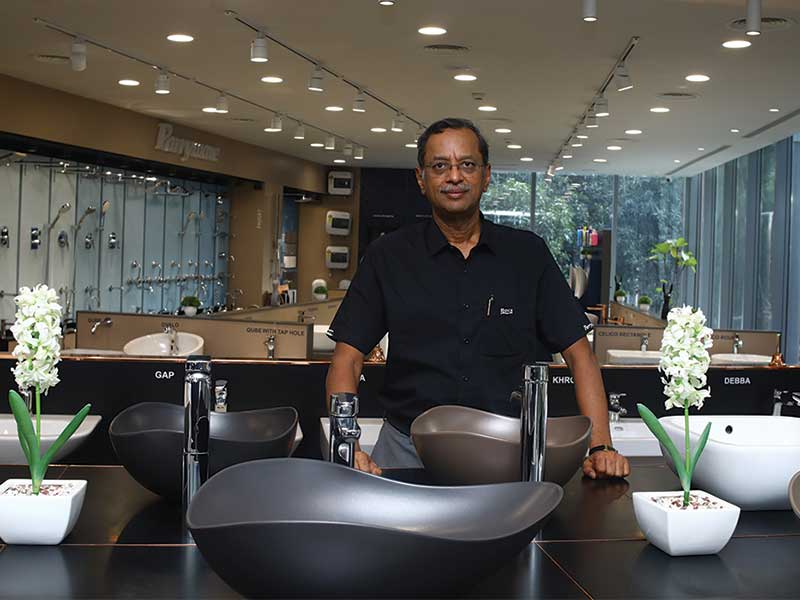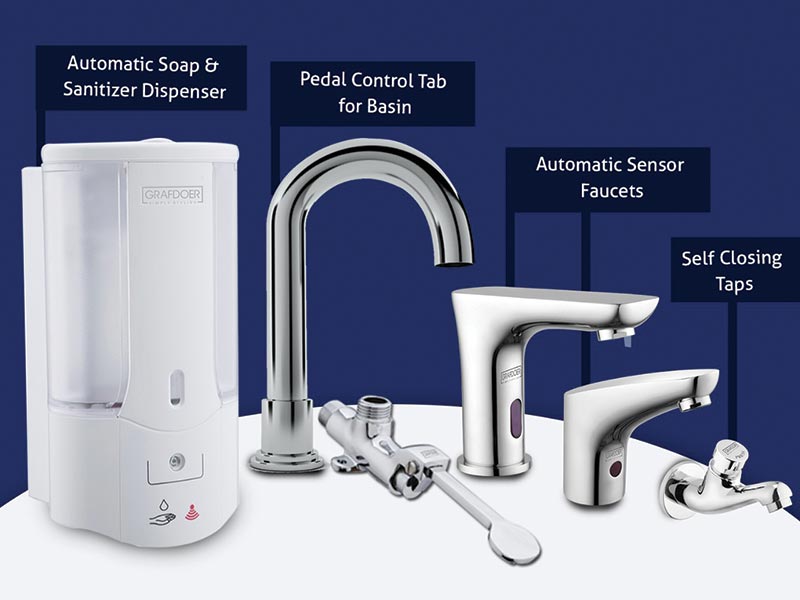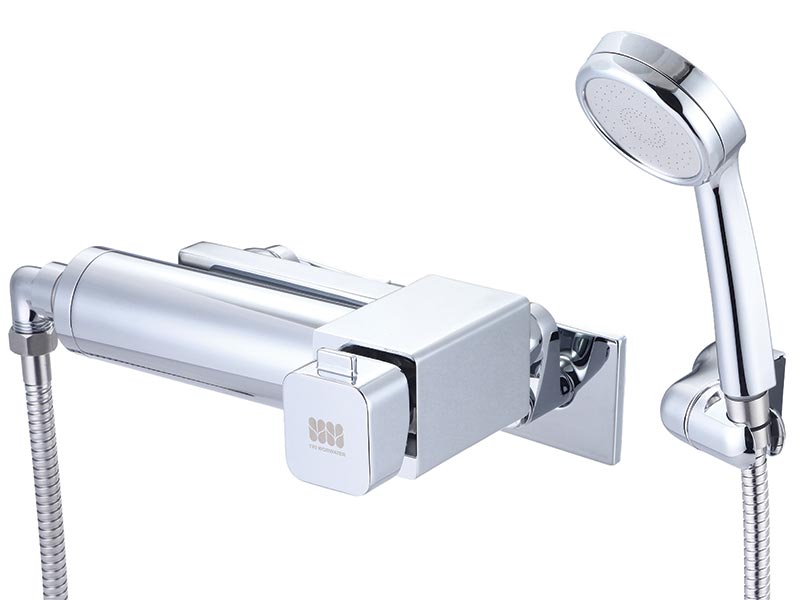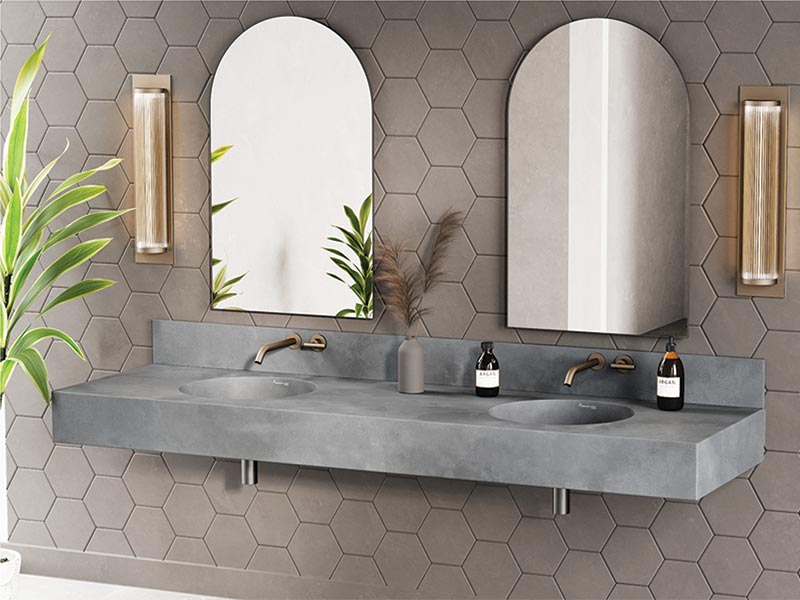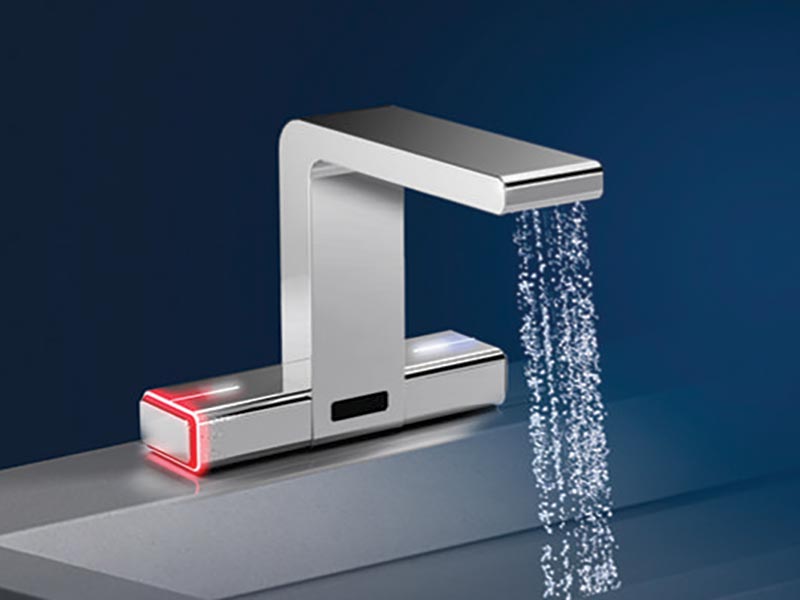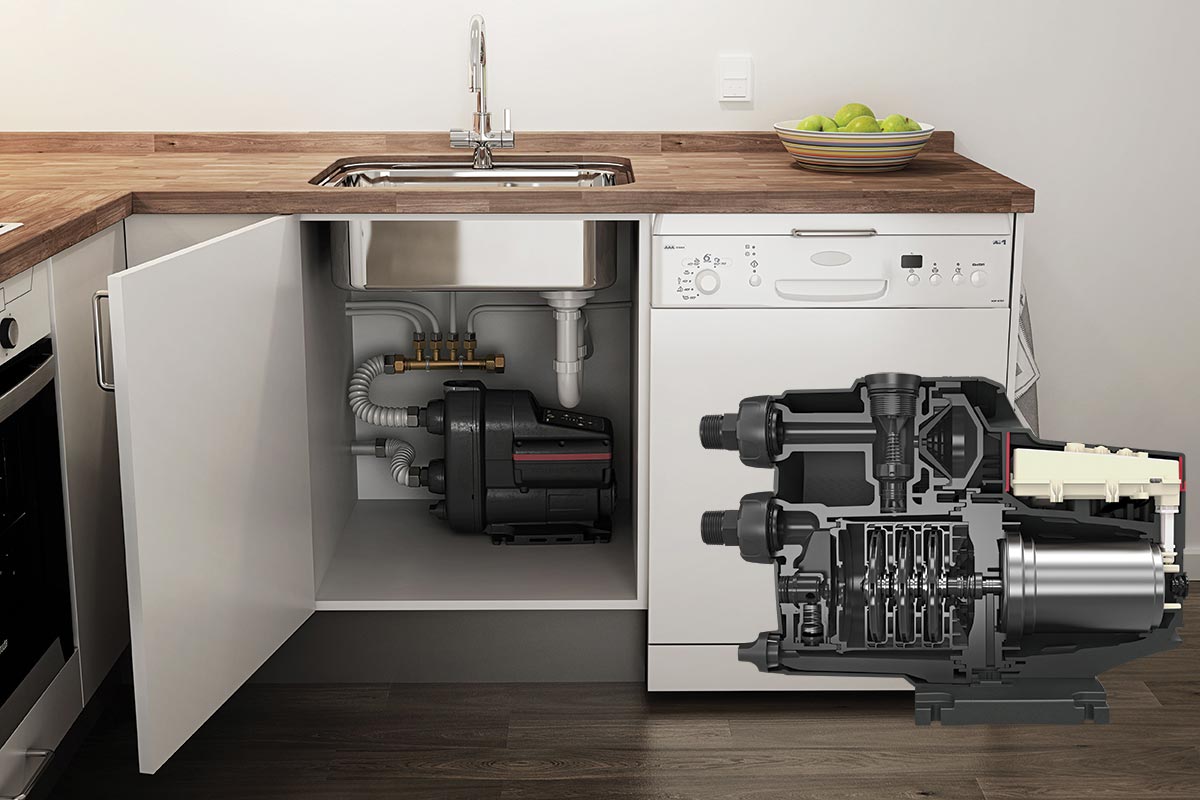How is LIXIL ensuring its success in the Indian market?
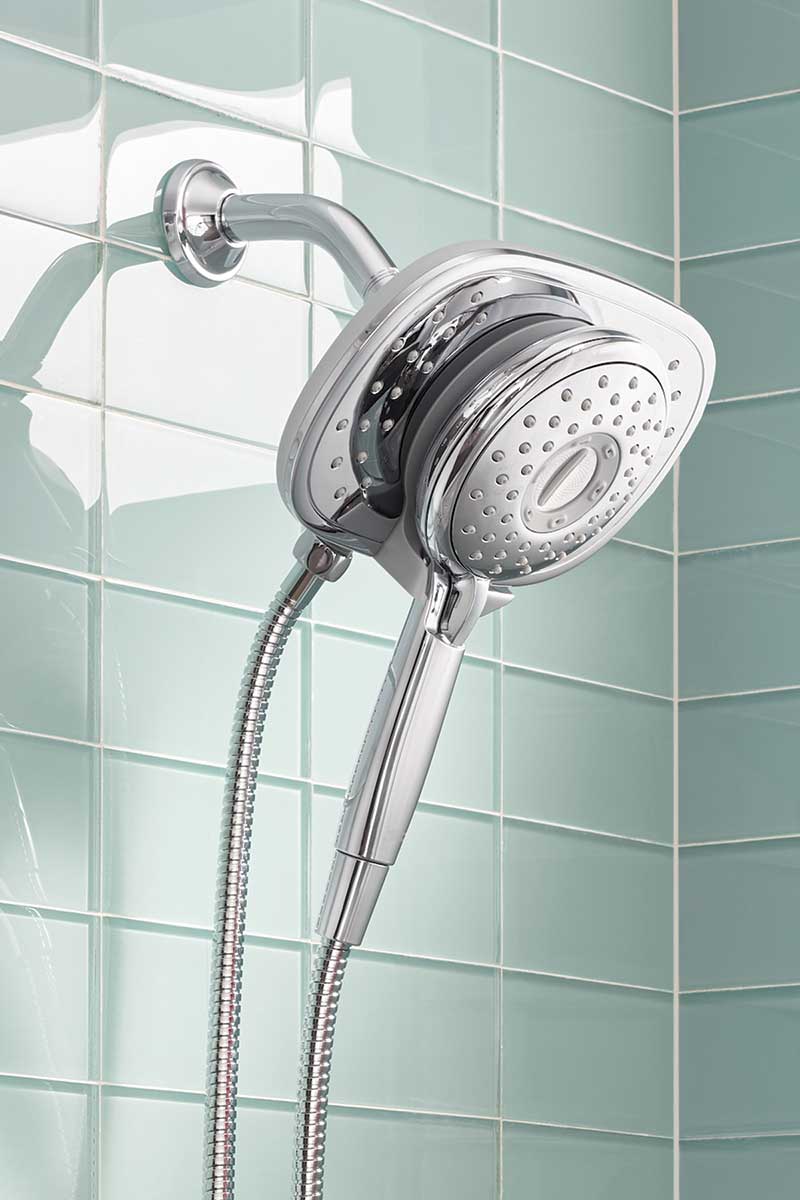
Design is a key driver for our differentiation strategy, along with technology, quality and brand. ‘Solving real-life challenges with innovation’ - a consumer-centric approach lies at the core of our design philosophy. We invest heavily in a design-led approach to curate attractive and differentiated products. Our designers are involved at every point of the product development process. Under the new organizational structure, their reach, understanding, and influence extend into all departments and disciplines from research and development to manufacturing, logistics, marketing, and sales. We constantly keep scaling our capabilities, investing in research, development and design, enhancing value through quality, after-sales excellence and supply reliability.
Key tenets of our differentiation strategy include meaningful design, working with partners, experimenting, and learning from failures, adapting existing technology to meet universal consumer needs, and impacting global issues like sanitation, water conservation and environmental sustainability.
How has the sanitaryware market evolved in India in the last decade?
The current market size of the Indian sanitaryware industry is estimated at ₹4,800 crore and is growing at a steady pace with a CAGR of 8-10% over FY 2018-21. From being an unorganized market a decade ago, India has grown to become Asia’s second largest sanitaryware market. With sustained public and private measures in recent years, coupled with improving standards of living, the level of sanitation in India has increased manifolds. This, in turn, has created a huge opportunity for players like us.
A decade ago, the consumers used to be satisfied with functional bathrooms and looked at it merely as ancillary spaces. However, over the years, the consumers and their preferences have evolved. Today, they consider bathrooms as an emotional space to rejuvenate, recharge and refresh their body and soul. They are ready to invest in products and solutions that could enhance their experience. There is an increased demand for products that deliver sophistication as well as functionality and attractiveness. While consumers demand better functionality, they are equally conscious of the appearance of their bathrooms.
We have witnessed a shift in consumer preferences in India where evolving lifestyles and an increasing disposable income have bolstered the demand for sanitaryware brands with world-leading technology, high-class innovation and meaningful designs
Bobby Joseph
The consistent growth of the real estate sector in the recent past has also contributed to the increased demand for ceramic sanitaryware. In addition, government initiatives, which are aimed at improving the sanitation levels across the country, is another major factor that is fueling the demand for ceramic sanitaryware in the country.
What are LIXIL’s plans to scale growth in the market?
Given the strong economic, social and demographic parameters, we believe India will continue to present a significant growth opportunity and a unique potential for re-shaping the sanitaryware industry. India, along with the US and China, is one of the top three growth markets for LIXIL globally.
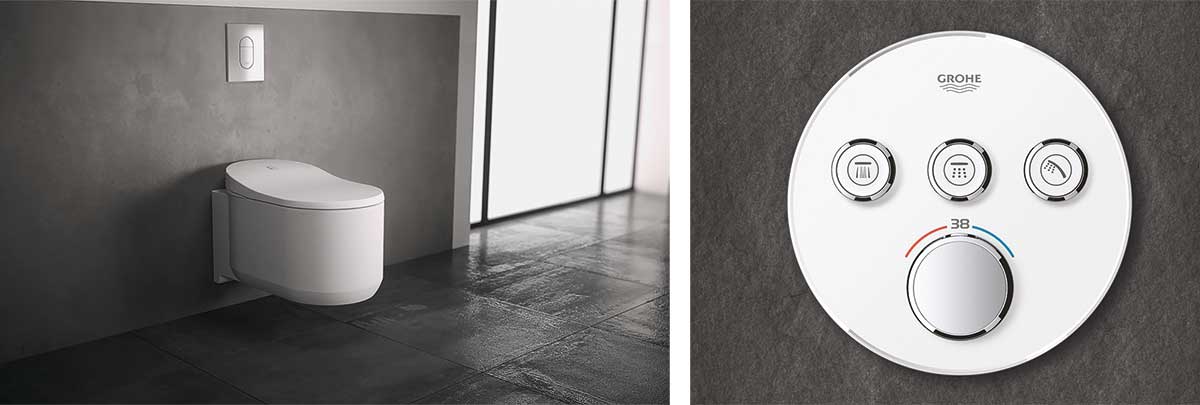
In our view, there are different transformational initiatives we can make to change how India’s industry operates and how it is perceived. At the core of this transformation, lies our view that we can make this industry far more consumer-centric by developing differentiated product and brand strategies that are difficult to replicate. In this manner, India can become a testing ground for lighthouse business models and initiatives that can then be replicated in other markets.
Some of our initiatives in India:
- We have been actively contributing to resolve sanitation issues and uplifting the communities in India. SATO toilet is a prime example of this endeavour where we aim to address the need for innovative sanitation solution in rural and peri urban areas of the country. SATO is currently trusted by over 15 million people in over 27 countries globally (as of Sep 2019)..
- Project Nadee is an industry platform that upskills plumbers and encourages youngsters to join the plumbing trade through certified training and job opportunities – all delivered through a digital application which can be downloaded on phone. This is our commitment to the Skill India Mission. Under Project Nadee wherein LIXIL aims to upskill and certify 50,000 plumbing technicians in the next five years.
- We have two manufacturing facilities in India. With the inauguration of the Vijayawada facility in 2018, we now have the opportunity to develop India specific innovative products.
- Currently, our product strategy is to bring global innovation platforms to India faster than we did in the past. We are already market leaders in Thermostats. We launched GROHE SmartControl, which is a thermostatic mixer with innovative shower control, which lets you adjust the volume and temperature effortlessly. The way the Indian market has accepted and adapted to this innovation is exemplary.
- We are also bringing the latest in shower systems, glazing technology on ceramics etc. We have also introduced premium functional tiles, a first in India.
- We plan to bring a state-of-the-art collaborative community design space – The LIXIL Studio, making it the first ever flagship store in the Asia Pacific region.
We currently have 250 stores across 156 cities and 23 states, and we will endeavour to build infrastructure and expand our network, especially in Tier 2/3 towns. As we expand our ceramics business, we are in the process of setting up a strong distribution network pan-India. We have appointed over 40 distributors and we aim to have 1000 authorised dealers. We hope to reach 10,000 authorized dealers over the next 5 years as the Ceramics business expands.
India will continue to witness robust growth in the sanitary ware market in years to come. This growth can be attributed to increasing disposable income, rapid urbanization and changing end-user preferences. Increasing positivity in the hospitality and tourism industry along with various Government initiatives like Swachh Bharat Mission to prompt sanitation in the country are giving a further boost to the market.
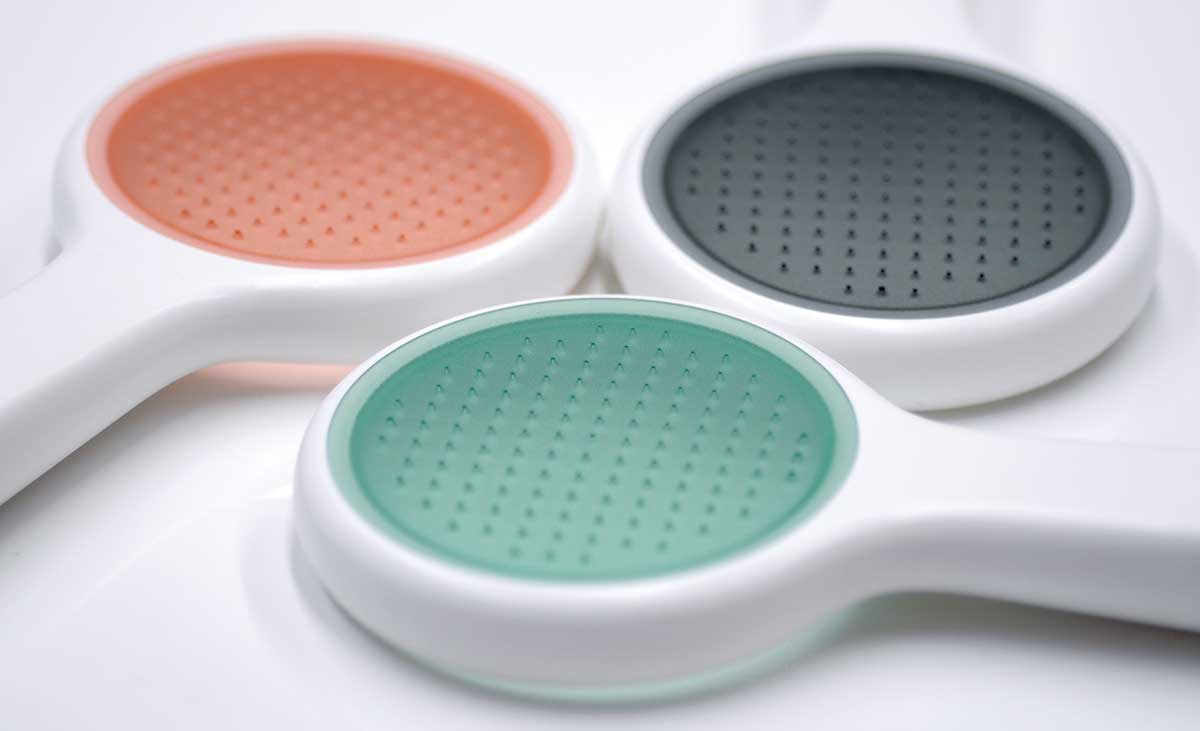
How can technology be an enabler in furthering sustainability?
The LIXIL Group leverages its expertise and business scale to pursue initiatives focused on three strategic pillars, selected from among the most urgent issues relating to the regions in which we operate.
We are committed to ‘Sanitation for All’. Utilizing our technology, capabilities, and partnerships with various stakeholders, we have set a target of improving the lives of 100 million people through safe sanitation and hygiene businesses by 2025. We promote and enable access to safe and hygienic sanitation practices, especially for women and girls, while preventing the harmful transmission of diseases for children.
In 2013, we developed our first product under the SATO brand, an innovative toilet pan for developing countries dedicated to providing a full range of sanitation products for communities with difficulty accessing safe toilets. Our smart and affordable toilet solution is already trusted and distributed in 25 countries across Africa and Asia. Based on an average of five users per unit, SATO is estimated to have contributed to better sanitation for around 15 million people.
Please give examples of some of LIXIL’s technologies.
LIXIL has been leveraging sophisticated technologies to come up with contactless, anti-bacterial and anti-stain solutions. We have identified a growing need for smart solutions that are hygienic, use less water and are easy to maintain. We have invested in research and development of sustainable solutions as we aim at becoming a leading enterprise in water sustainability. By 2050, we also aim to achieve net-zero carbon from housing and lifestyle solutions as well as operations.
LIXIL is working to employ a manufacturing model that preserves natural resources for future generations, with products that are water efficient, help in conserving water and minimize wastage.
- GENIE is the award-winning hand shower designed by American Standard for consumers experiencing low water pressure in Asia.
- GROHE Sense Smart – a water sensor to detect leaking water.
- GROHE Sense Guard – a smart water controller that detects burst pipes and automatically shuts off water supply.
- GROHE Ondus App Smart App – for complete water control in the toilet.
- GROHE Rainshower Eco showerheads that reduce water consumption by up to 40% while maintaining the full shower experience.
